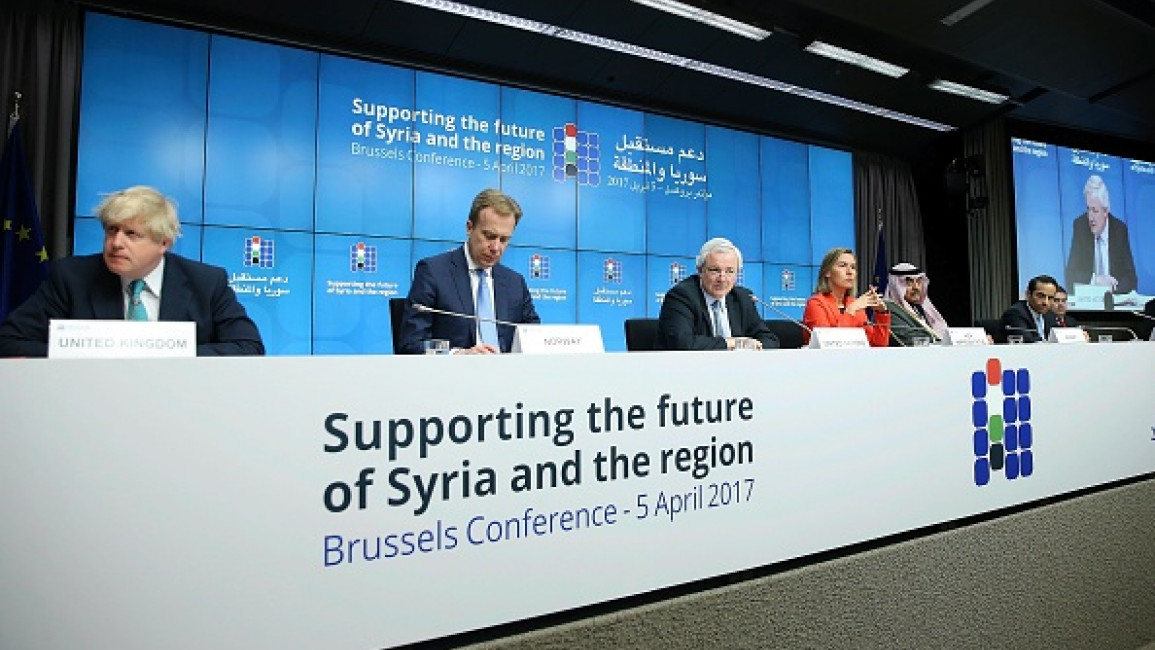Brussels aid conference for Syria kicks off amidst deteriorating humanitarian situation
The sixth EU-led aid conference for Syria kicked off in Brussels on Monday, as the UN warned that Syrians are "hanging by a thread" as humanitarian conditions worsen in the country after 11 years of conflict.
The two day conference, entitled "Supporting the future of Syria and the region," will gather EU and other officials, as well as Syrian civil society members to discuss the Syria crisis. On the second day, countries will announce their funding pledges to Syria.
Funding is expected to further decrease this year, largely due to the Ukraine crisis, according to Suhail al-Ghazi, a Syrian researcher based in Turkey.
Pledges have been shrinking for the past few years. Last year's conference netted Syria $US 6.4 billion – far below the $US 10 billion the UN said it needed for its aid program
Despite shrinking global attention, humanitarian needs in Syria are only growing.
Food prices in Syria are at their "highest level" since 2013, and food has increased in price by 800 percent in the last two years, the World Food Program (WFP) said in a statement on Sunday.
Food aid to northwest Syria – which 80 percent of the some 4 million residents depend on for their daily meals – has already shrunk by 13 percent. The WFP warned that they face a $US 600 million shortfall in funding, which could lead to further aid cuts in the fall.
Russia's invasion of Ukraine has sharply increased the price of food and fuel across the world.
The impact of this has been felt keenly in Syria, where food prices have jumped by 24 percent in the last month alone.
Unlike previous years, Russia was excluded from the Brussels aid conference, as Russia has "proven not to have … a genuine interest to contribute to peace in the world," an EU spokesperson said.
The move comes ahead of a July UN Security Council vote to renew the cross-border aid mechanism which allows the UN to truck in aid to northwest Syria via Turkey. Russia has signalled that it will veto the aid resolution.
Without an extension of the UNSC resolution, millions of residents would have to rely solely on Damascus for food aid. Humanitarian organisations have reacted with alarm to such a scenario, pointing to the Syrian regime's history of politicising and weaponising aid against its political opposition.
Also on the table will be discussions of "early recovery" and "refugee issues," according to al-Ghazi.



![Trump's warm greeting to Netanyahu contrasted with Kamala Harris's critical reception [Getty]](/sites/default/files/styles/image_212x120/public/2024-07/GettyImages-2162908988.jpg?h=69f2b9d0&itok=uRh_9WXh)